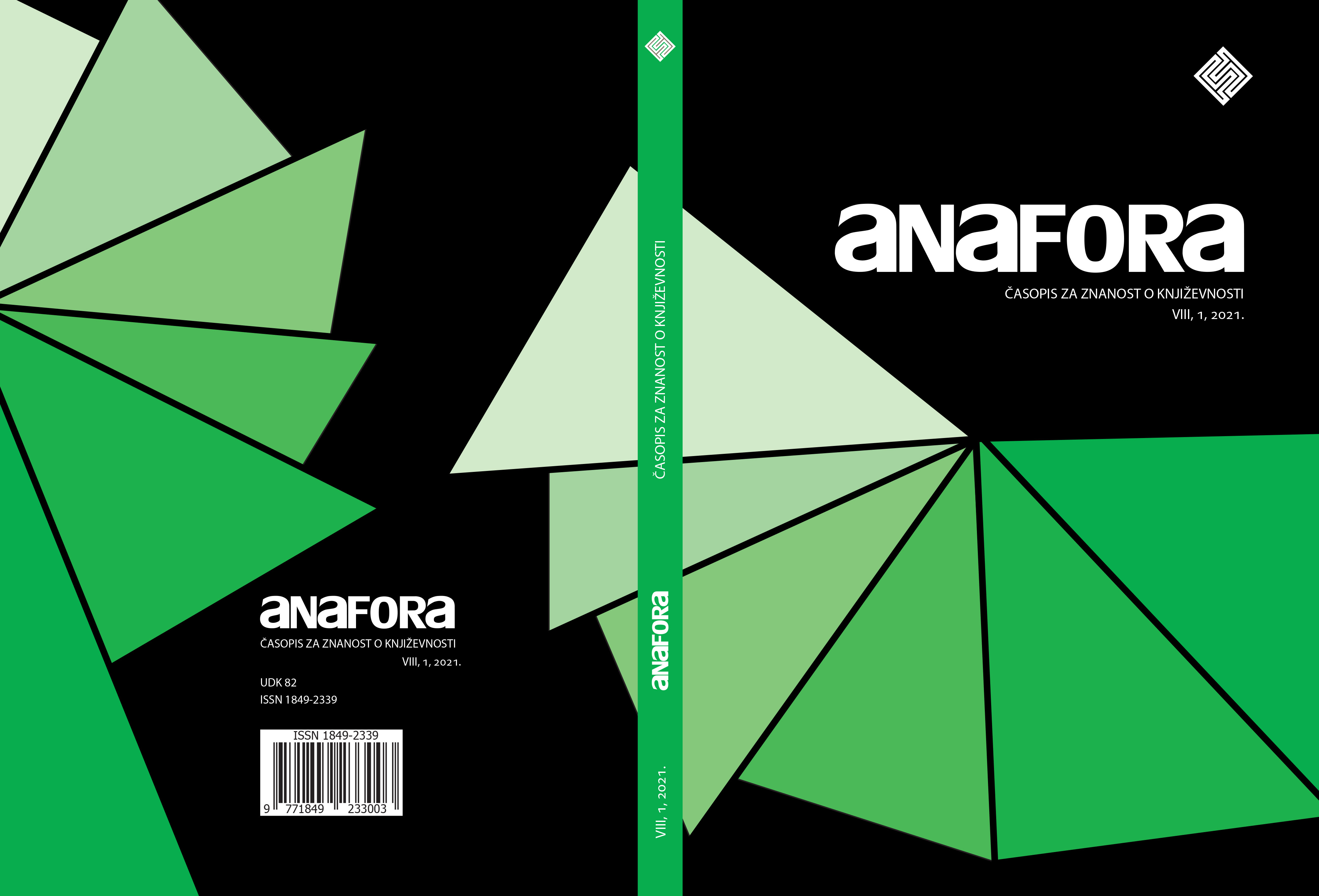The Shadow Archetype in Mahmud Dowlatabadi’s Novel Yusef’s Days and Nights
The Shadow Archetype in Mahmud Dowlatabadi’s Novel Yusef’s Days and Nights
Author(s): Masoud Farahmandfar, Ghiasuddin AlizadehSubject(s): Language and Literature Studies, Studies of Literature, Theory of Literature
Published by: Filozofski fakultet, Sveučilište Josipa Jurja Strossmayera, Osijek
Keywords: Jung; collective unconscious; archetype; shadow; Mahmoud Dowlatabadi; Yusef’s Days and Nights;
Summary/Abstract: The present article studies Mahmoud Dowlatabadi’s novel Yusef’s Days and Nights and attempts to provide a different reading of the novel through the application of C. G. Jung’s theories on the collective unconscious and archetypes. From Jung’s perspective, the collective unconscious is the reservoir of psychic energy and the source of all human memories; also, the archetypes are universal mental structures the recognition of which becomes possible through the symbolic interpretation of dreams, fantasies, myths, and rituals. “Shadow” is one of the most important archetypes that, according to Jung, is the dark half of our being. This shadow is our alter-ego, and it is only when we accept it as a part of our being that we can achieve psychic equilibrium and complete the process of individuation. The process of individuation, and indeed of the conscious mind’s coming to terms with the ‘self,’ usually begins with suffering. Although this initial shock is not often recognized, it is a kind of summoning. However, Yusef (the protagonist of the novel) follows the path of denial and his projections of his fears and anxieties gradually make the distinction between illusion and reality difficult for him. Therefore, the confrontation with the shadow, although difficult and perhaps horrifying, is a necessary step on the road towards mental and psychical maturity.
Journal: Anafora - časopis za znanost o književnosti
- Issue Year: 8/2021
- Issue No: 1
- Page Range: 149-161
- Page Count: 13
- Language: English

